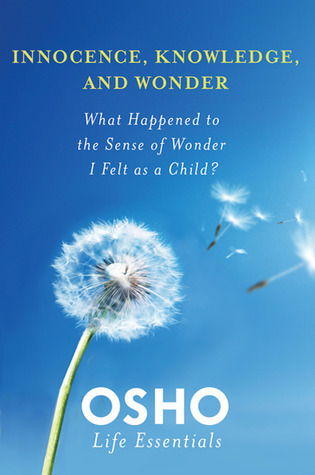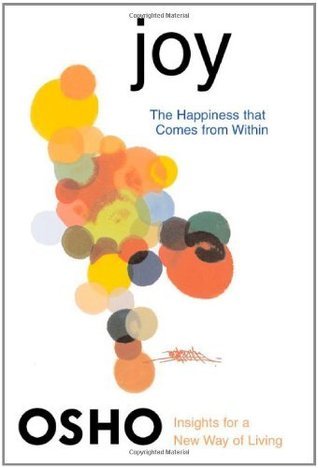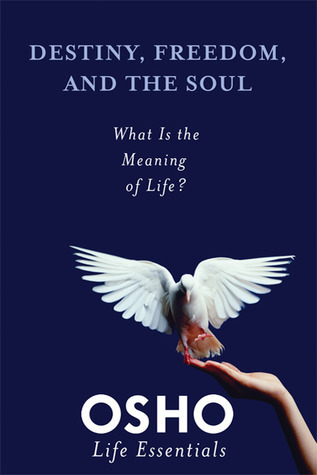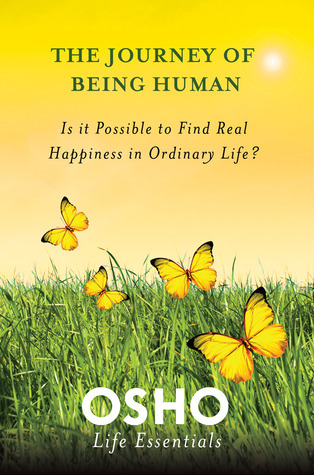
INNOCENCE, KNOWLEDGE, AND WONDER
Book Description
What if the essence of life lies in the delicate dance between innocence and knowledge? In 'INNOCENCE, KNOWLEDGE, AND WONDER,' Osho ignites a journey through the vibrant landscapes of human understanding. Explorations of truth, enlightenment, and the childlike wonder that fuels curiosity beckon as barriers to authentic living crumble. With bold insights and transformative revelations, Osho presents a compelling case for embracing the unknown, challenging convention, and rediscovering a purer existence. The quest unfolds: Can wisdom coexist with the purity of innocence, and will it lead to true liberation?
Quick Book Summary
"Innocence, Knowledge, and Wonder" by Osho is an exploration of the spiritual journey from childlike innocence to learned knowledge, and ultimately, to a state of awakened wonder. Osho contends that modern life often compels adults to suppress their innate sense of curiosity and openness, substituting it for rigid knowledge and societal conditioning. Yet, the book suggests that only by reclaiming the unfiltered perspective of a child—while integrating the maturity of gained knowledge—can one reach true enlightenment. With humor and radical honesty, Osho questions the value of conventional education, proposes the transformative power of embracing the unknown, and invites readers to rediscover the joy, awe, and authenticity that lead to spiritual freedom. The text is both a call to unlearn and a guide for integrating wisdom with innocence on the path to liberation.
Summary of Key Ideas
Table of Contents
The Dance Between Innocence and Knowledge
Osho begins by contrasting the purity of a child's innocence with the intellectual frameworks adults acquire over years of socialization and education. He asserts that while knowledge has practical value, it often becomes a barrier to true understanding and aliveness. The innocence of childhood represents an openness to experience, a direct and unmediated relationship with life. Osho urges readers to recognize the limitations of accumulated knowledge and to seek a return to this state of openness without abandoning discernment altogether.
Breaking Free from Societal Conditioning
He critiques how societal norms and education systems instill rigid beliefs and fears, which distance people from their authentic selves. These constructs generate anxieties, judgments, and a constant pursuit of conformity, stifling intuition and wonder. Osho encourages the reader to observe these layers of conditioning, understand their origins, and systematically dismantle their influence. He emphasizes that true wisdom arises not from compliance, but from courageous individuality and the questioning of inherited truths.
The Importance of Childlike Wonder
Central to the book is the theme of rediscovering childlike wonder. Osho distinguishes this from naivety; it is an active, engaged fascination with existence itself. He describes how wonder fuels creativity, joy, and profound insight, providing access to hidden dimensions of experience. By fostering curiosity and humility, individuals can move beyond habitual responses and encounter life in a vivid, transformative way. Osho suggests this state is essential for spiritual awakening.
Embracing the Unknown
Another major theme is embracing the unknown. Osho challenges the reader’s fear of uncertainty and their habitual clinging to certainties. He encourages stepping beyond comfort zones and allowing the mystery of life to unfold without preconceived narratives. By letting go of the need for rigid explanations, individuals can encounter the present moment in all its richness and unpredictability. This, Osho contends, is where true freedom and creativity reside.
Integrating Wisdom with Innocence
In the book’s synthesis, Osho asserts that enlightenment emerges from balancing innocence and wisdom. Rather than regressing to ignorance or clinging to accumulated knowledge, he proposes integrating both. True liberation does not mean discarding what one has learned, but approaching it with the clarity, freshness, and openness of a child. In this interplay, knowledge serves life, while innocence provides the foundation for wonder and authenticity, leading to a dynamic, liberated way of being.
Download This Summary
Get a free PDF of this summary instantly — no email required.





